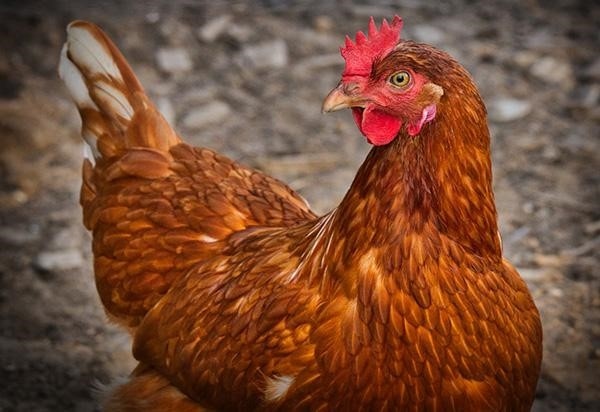Gut microbiota transplants may not aid campylobacter resistance
Receiving gut microbes from resistant chickens does not lessen chickens’ susceptibility to campylobacter.
April 15, 2020

Transplanting gut microbes from chickens that are relatively resistant to campylobacter into chickens that are susceptible does not improve resistance, according to a study from The Roslin Institute in the U.K.
These findings were unexpected, contradicting previous studies in mice, the institute said in an announcement.
Campylobacter is a leading cause of food poisoning in people and is commonly found in chickens. Campylobacter infections are a serious problem in people, resulting in diarrhea and severe complications, in some cases, Roslin said. Up to 80% of cases are caused by consumers handling and eating contaminated chicken meat.
Surprising finding
To determine the types and numbers of microbes present, Roslin scientists analyzed the genetic makeup of gut microbiota from chicken lines with different resistance to the bacteria.
Transplanted gut bacteria survived in the susceptible chickens for only a limited time, and those chickens became even more susceptible to campylobacter, which the scientists said they were surprised to find.
The scientists made use of the unique poultry lines held by the National Avian Research Facility at Roslin.
"Given the results of previous studies in mice, we thought that inherited differences in resistance to gut pathogens might be transferable by transplanting gut microbiota from chickens that are resistant to chickens that are susceptible," Dr. Cosmin Chintoan-Uta, study co-lead at Roslin, said.
Study co-lead Trong Wisedchanwet added, "We were surprised to find that while heritable differences in resistance of chickens to campylobacter exist, these are not explained by significant variation in the gut microbiota."
The results of the study were published in the journal Applied & Environmental Microbiology.
You May Also Like



